Does VPN Stop Junk Mail? [All You Need To Know]
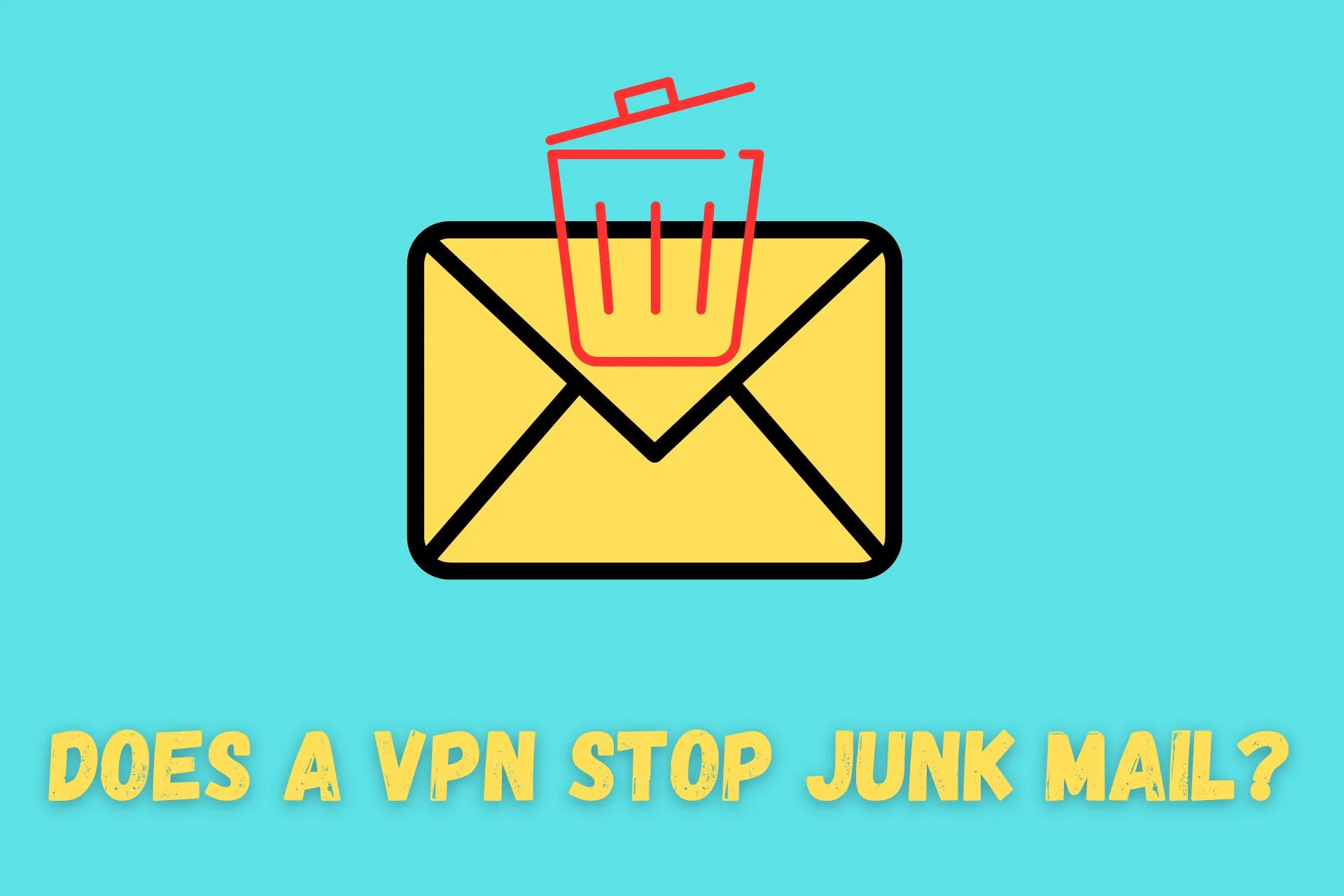
A VPN is the primary weapon in many people’s online privacy arsenal. It encrypts your internet activity and hides your location from snoopers and cybercriminals.
But does a VPN stop junk mail?
Even with the best filters, everyone receives spam from time to time. This can clog up your inbox and increase the risk of falling victim to phishing attempts.
Let’s explore how a VPN works and how it can help in the fight against junk mail.
Does a VPN stop junk mail?
It’s important to note that a VPN can’t directly stop spam emails. However, it can help prevent your address from being intercepted and reduce the chances of targeting based on location.
Here’s how:
Data encryption
VPNs work by encrypting and routing all your traffic through a remote server. This makes it impossible for anyone who intercepts the data to read its contents, as it’s all transformed into a secure and unreadable code.
If you’re entering your email address into a web form, hackers will be unable to see it, even if they manage to hack the Wi-Fi or compromise the site you’re interacting with.
Best of all, this will also prevent your password from being stolen.
Region-targeted spam
Email trackers use pixels, cookies, and server-side logs to track the behavior of email recipients, such as when you open an email, what links you click on, and whether you’ve taken any desired actions (such as making a purchase or filling out a form).
A key factor can be your geographic location, which your IP address reveals. For example, a shopping site may decide to email everyone in Chicago who has clicked a link in an email.
If you connect to a VPN server in another country when using your email account, you can avoid some region-targeted junk. This is because your visible IP address matches the server, not your ISP.
Snooping ISPs and Governments
Your internet provider can’t read your emails, but it can recognize the type of traffic and access some of the data stored in email headers.
Most people don’t have to worry about this. But if you’re in country that imposes heavy censorship or your ISP has weak security, third parties can use that data against you.
Using a VPN adds an extra layer of security, making it more difficult to log that certain traffic is email activity.
Why do you get junk mail and how to stop it?
Junk mail is any email that is unsolicited and commonly includes commercial advertisements, scams, phishing attempts, or other unwanted content.
It’s almost always the result of your email address being publicly available on the web.
Spammers will often harvest email addresses from websites and online forums or purchase them from databases. Sometimes bots will guess working addresses based on names and common words.
Another common way you become a target of junk mail is when you sign up to a site or service and they sell your details.
Unless you’re the victim of a highly targeted scam, you’ll be just one among many junk mail recipients. Spammers use automated scripts or software that can generate thousands of messages per minute and send them via dedicated email servers.
Common email providers use various filters and algorithms to determine if the emails you get are legitimate. However, some spam emails still manage to slip through and end up in your primary inbox.
Tips to prevent junk mail
Some common ways to reduce the spam emails you receive include:
- Spam Filters – Most email providers have built-in spam filters that can help to automatically identify and move junk emails to a separate spam folder. You can set this to automatically clear after a certain number of days.
- Spam Blockers – These are programs that you can install on your device to block spam emails from reaching your inbox.
- Reduce Sharing – Be cautious about the websites you visit and the email addresses you provide when signing up. Always check ‘no’ if you get asked for permission to receive marketing communication.
- Don’t Use @ – If you publish your email address on social media profiles, instead of using the @ symbol, use this format: ‘youremail [at] website [dot com]’. This stops basic bots that scrape anything with the @ symbol.
- Throwaway Accounts – Consider using a throwaway email address when signing up to sites and services. This way, if the email address is ever compromised, you can simply stop using it.
- Don’t Reply – Responding to spam only confirms that your email address is active, which may encourage scammers to send more junk mail or target you specifically.
- Mark New Spam – If you receive a spam email in your main inbox, mark it as such so your email provider can keep it out and improve its filters.
- Ad Blockers – Ad blockers, which sometimes come together with VPNs, prevent ad-tracking cookies and other intrusions from advertisers that can be served by email.
Summary
So, does a VPN stop junk mail? Not on its own, but it can prevent your data, including your email address, from being intercepted. Moreover, you’re less likely to receive targeted spam when your geo-location is hidden.
By routing your internet traffic through VPN servers, your email and IP become less visible to spammers and their bots. Which, in turn, reduces the risk of it being harvested.
That said, some users find that enabling a VPN causes issues with sending or receiving emails. If that happens to you, here’s a detailed guide on how to fix email not working with VPN so you can keep your inbox functional while staying protected.
Combining a VPN with the other methods outlined above is your best bet to prevent junk and spam emails.
Read our disclosure page to find out how can you help VPNCentral sustain the editorial team Read more


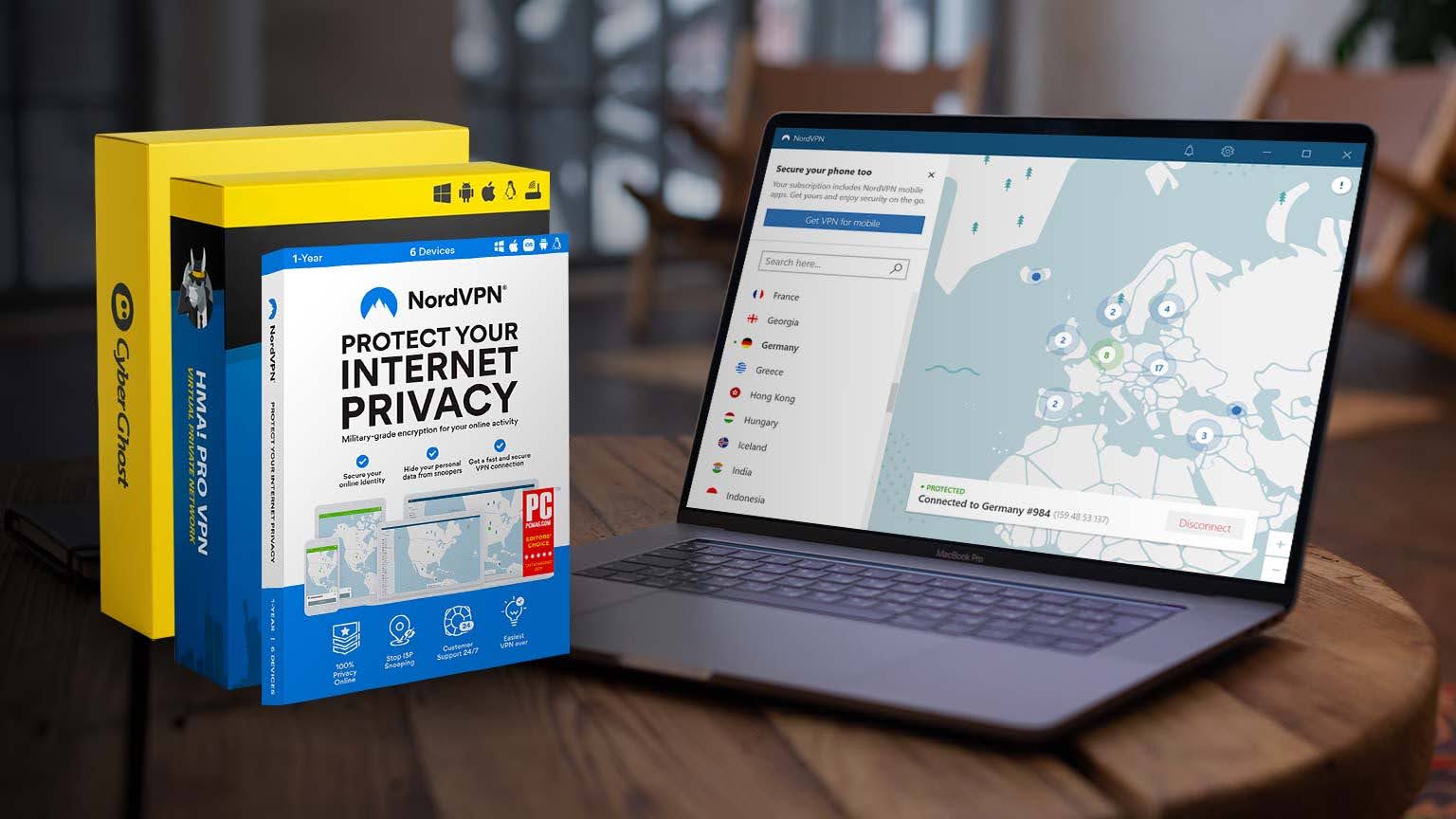
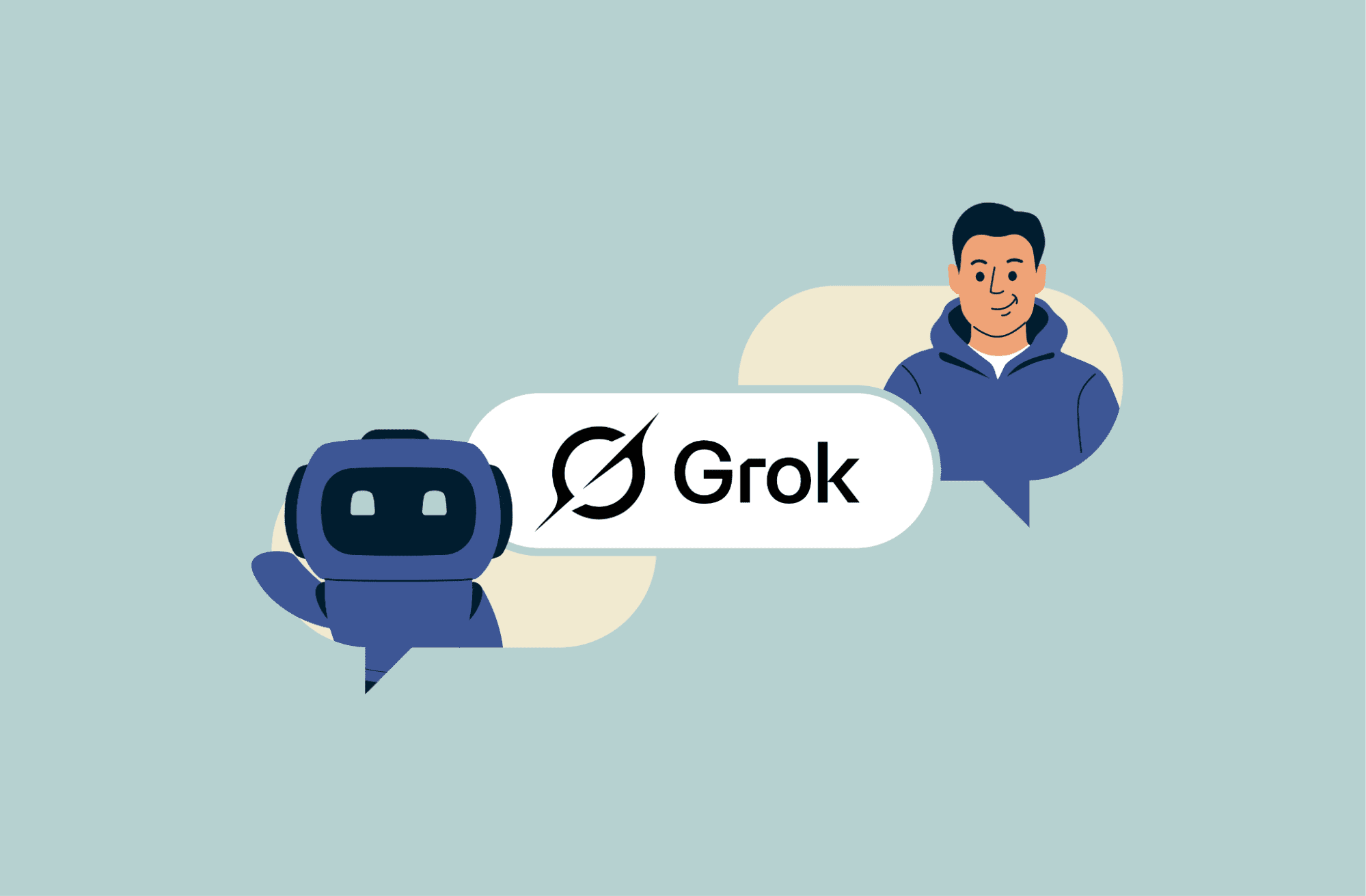
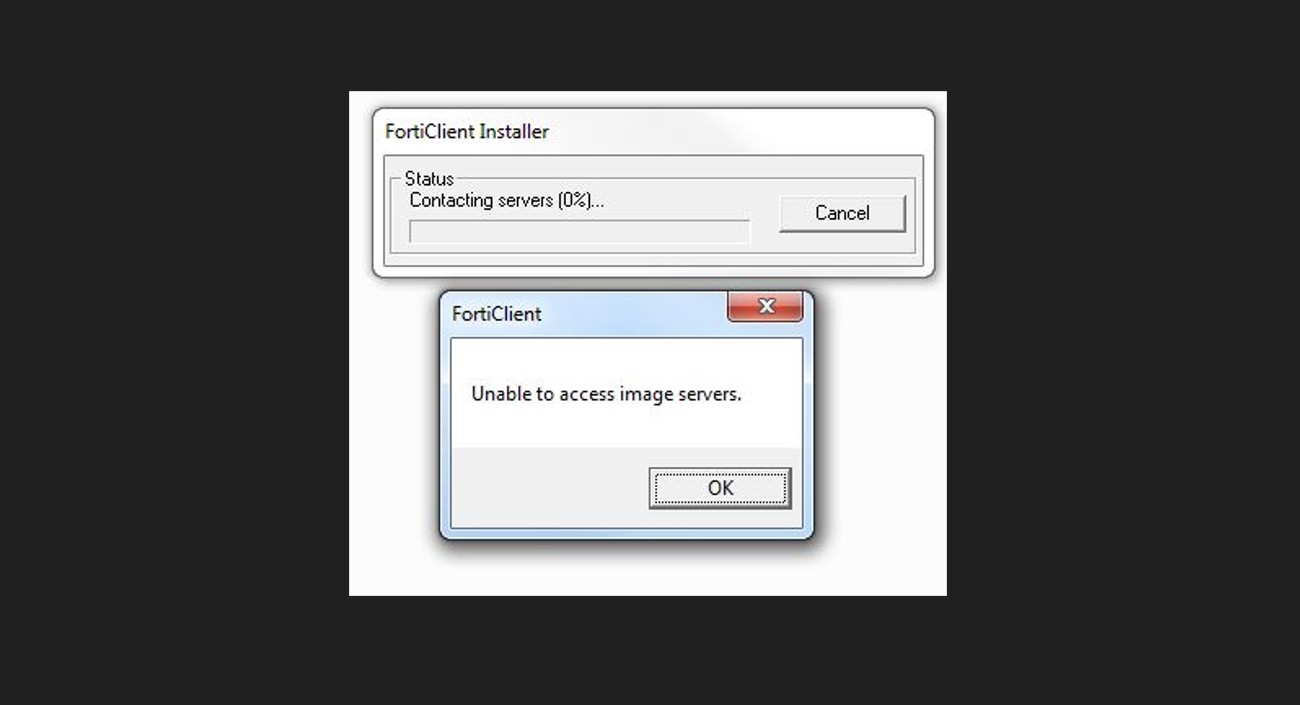
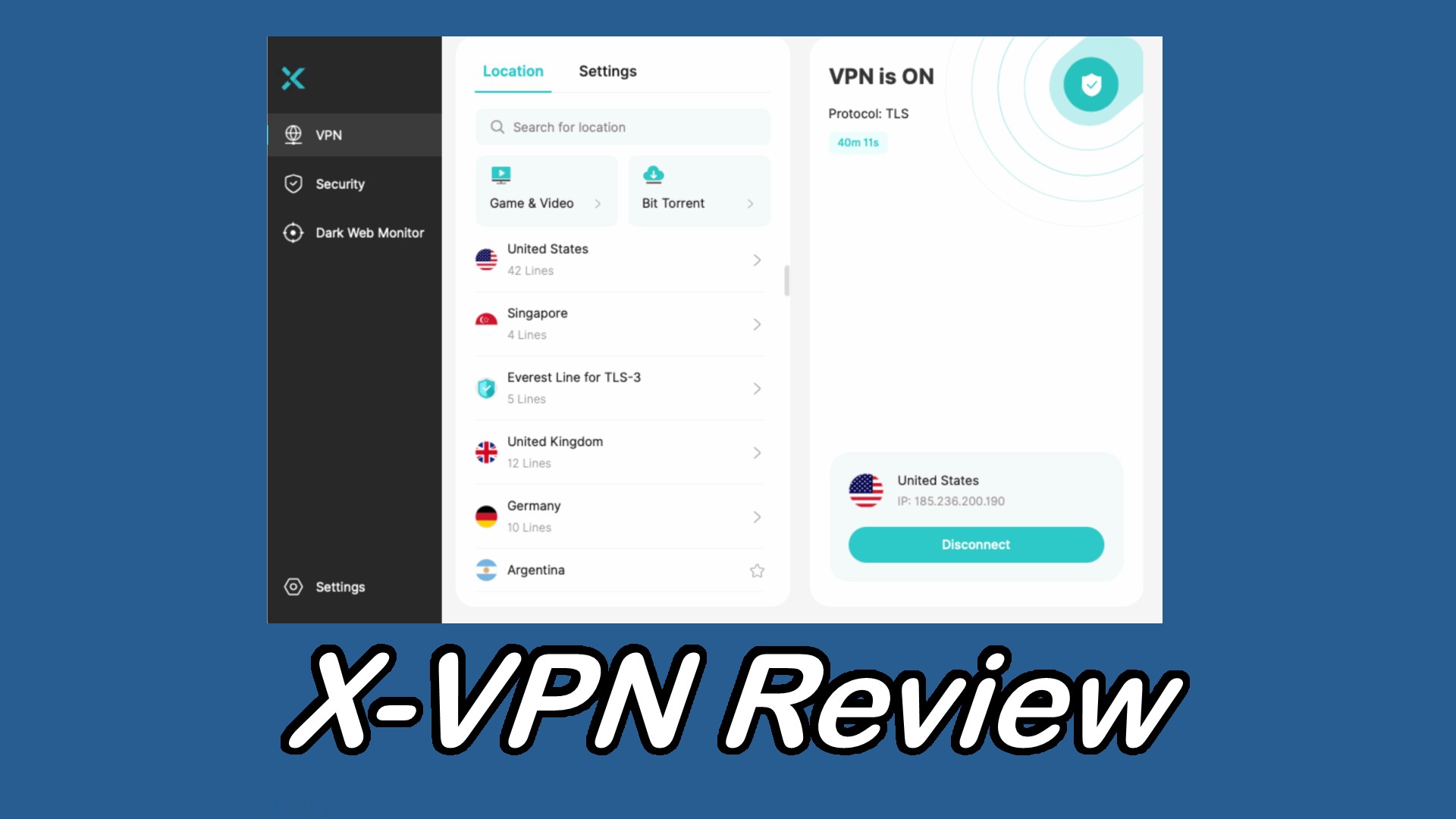
User forum
0 messages